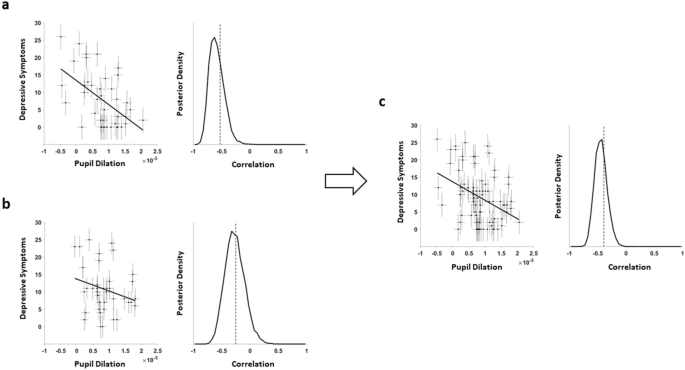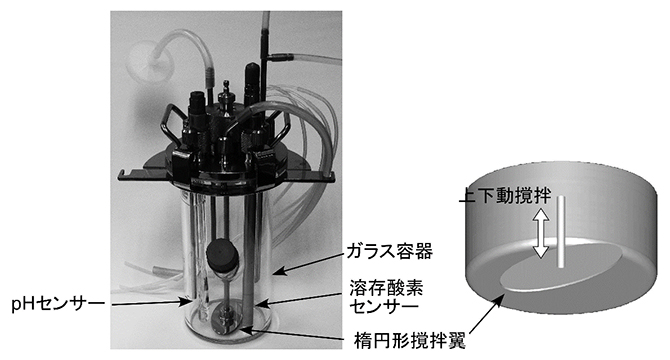2024-01-12 マックス・プランク研究所
◆研究では、健康な被験者の場合、報酬を期待して課題に取り組む際に瞳孔が拡張しましたが、うつ病の被験者ではこの反応が弱まり、「快楽を感じられず、エネルギーを失った」と報告した患者では特に顕著であったとされています。
◆瞳孔反応はローカス・コエレウレウスの活動を示すマーカーであり、これがリストレス感の感覚に重要であることが示唆されています。瞳孔反応はうつ病の診断の補足手段として利用され、うつ病の個別化された治療戦略の開発に寄与できる可能性があります。
<関連情報>
- https://www.mpg.de/21377187/0112-pskl-ein-blicke-in-die-depression-153150-x?c=2249
- https://www.nature.com/articles/s41598-023-48792-0
大うつ病性障害患者における瞳孔計測を用いた報酬予期時の覚醒度低下の評価:再現性および無感情との相関性 Assessing hypo-arousal during reward anticipation with pupillometry in patients with major depressive disorder: replication and correlations with anhedonia
Andy Brendler,Max Schneider,Immanuel G. Elbau,Rui Sun,Taechawidd Nantawisarakul,Dorothee Pöhlchen,Tanja Brückl,BeCOME Working Group,Michael Czisch,Philipp G. Sämann,Michael D. Lee & Victor I. Spoormaker
Scientific Reports Published:03 January 2024
DOI:https://doi.org/10.1038/s41598-023-48792-0

Abstract
Major depressive disorder (MDD) is a devastating and heterogenous disorder for which there are no approved biomarkers in clinical practice. We recently identified anticipatory hypo-arousal indexed by pupil responses as a candidate mechanism subserving depression symptomatology. Here, we conducted a replication and extension study of these findings. We analyzed a replication sample of 40 unmedicated patients with a diagnosis of depression and 30 healthy control participants, who performed a reward anticipation task while pupil responses were measured. Using a Bayesian modelling approach taking measurement uncertainty into account, we could show that the negative correlation between pupil dilation and symptom load during reward anticipation is replicable within MDD patients, albeit with a lower effect size. Furthermore, with the combined sample of 136 participants (81 unmedicated depressed and 55 healthy control participants), we further showed that reduced pupil dilation in anticipation of reward is inversely associated with anhedonia items of the Beck Depression Inventory in particular. Moreover, using simultaneous fMRI, particularly the right anterior insula as part of the salience network was negatively correlated with depressive symptom load in general and anhedonia items specifically. The present study supports the utility of pupillometry in assessing noradrenergically mediated hypo-arousal during reward anticipation in MDD, a physiological process that appears to subserve anhedonia.


